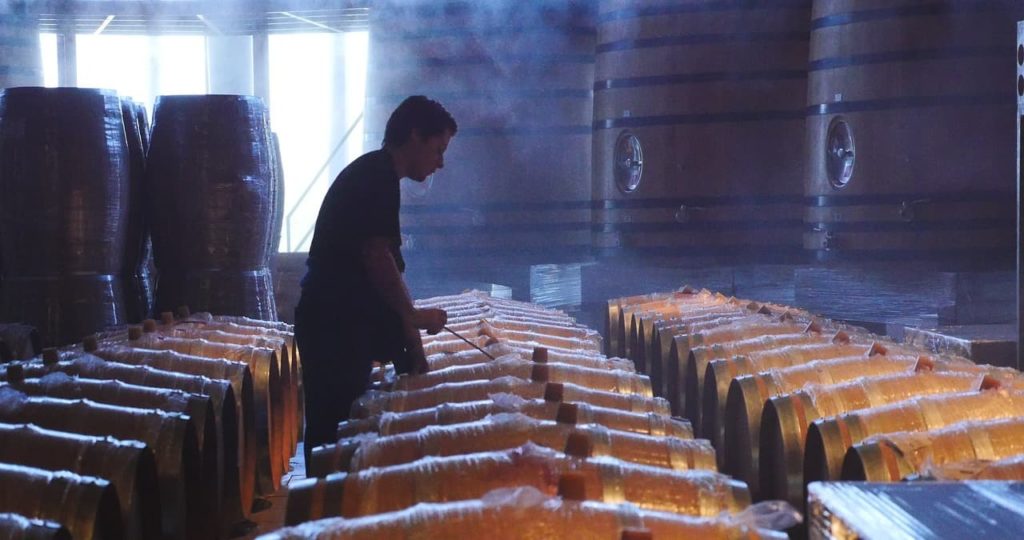For many wine collectors and aficionados, the wine industry is steeped in tradition. From traditional wine producing processes to ancient vineyards producing grapes that have been used for centuries, it’s an industry with historical connotations. However, in 2019, the wine industry is also home to innovations and new ways of producing wine.
Innovation tends to occur when there is a new problem to solve. But it also happens when people with a new perspective join an established industry. Innovative solutions often build on top of existing tech and adapt them into a new industry. And however simple the end result appears to be to the outsider, the background levels of vision, determination and innovation are fascinating. Every year, the Wine Industry Network (WIN) awards businesses and entrepreneurs for excellence in the wine industry.
Wine innovators recognised in annual awards
Here are three winners from the eighth annual WINnovation Awards. They show the breadth and scope of innovation in this most traditional of industries.
Fighting climate change is ConeTech. There are new challenges facing the wine industry in regions that are suffering from adverse consequences of climate change. For example, in California the now annual wildfires destroy and taint grapes. Smoke exposure from the fires can cost winemakers entire crops, leading to huge financial loss. ConeTech developed a process that removes smoke taint without destroying the wine itself.
The process encompasses two steps. The first is vacuum distillation, which separates the essence and smoke compounds in the wine. The second step is testing the wine for more than 30 markers to work out how much the wine is tainted. This allows for properly targeted removal of the taint, restoring the value to the wine. Since ConeTech launched this proprietary process, they have restored almost one million gallons of wine that was smoke tainted.
New product restores nutrients to the soil
Another company working on climate change is Enartis USA, which linked up with BluAgri. The latter company is based in Europe, and developed a product called BluVite, which is a biofertilizer that restores the soil’s microbiological fertility. This was developed in response to extreme heat events caused by climate change. The fertiliser helps soil retain nutrients, which leads to healthier vines and better-quality grapes.
Enartis USA trialled the product in 2018 across a number of California wine growers. This has led to significantly higher levels of resistance of vines when exposed to environmental extremes. BluVite is an example of the kinds of innovative products that will safeguard the industry against the worsening effects of climate change.
Automating and improving the fermentation process
Another award winner is GOfermentor, which is a great example of a newcomer to the wine industry bringing a new perspective on how things are done. Biotech engineer Vijay Singh completely changed the way pharmaceutical fermentations are processed. He did this by introducing a sterile bag that is used just once to replace stainless steel.
This concept and process has now been introduced by Singh to the wine industry. Grapes are crushed into a GOfermentor single use bag that holds one tonne. It’s then programmed to automatically process the fermentation. The automated process reduces the need for manual labour and improves the fermentation process. This results in reduced sulphides. In addition, the single use bag protects the wine from being exposed to outside pollutants, such as oxygen, bacteria and smoke.
When the fermentation process is finished, the GOfermentor presses the grapes, which leaves the pomace in the biodegradable single use bag. This means easy, environmentally sound disposal, which reduces water usage by 90% too. This kind of innovation is absolutely the future of the industry, with low cost usage and investment and many advantages.

